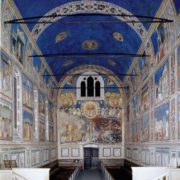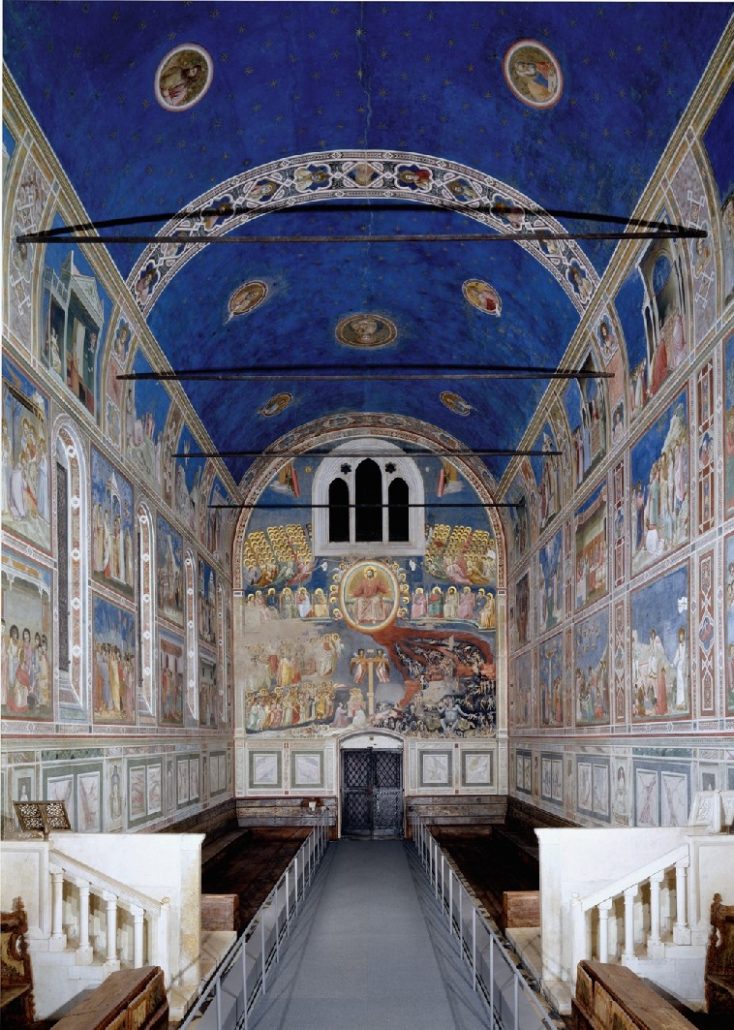Petition to the International Council of Museums
Petition circulated by the Association to Respect the Integrity of the Artistic Patrimony (ARIPA)
ArtWatch International, Inc. and ArtWatch UK
The International Council of Museums (ICOM) has a ethological code (1986, revised in 2001) which fixes the moral duties of the museums clearly defined towards the public.
Specifically, this code favored contacts between the public and the museum personnel, for the sharing of knowledge and information, and providing access to the collections, access to documents and to information about the works of art. (Art.7.2, passages in this code 2.6, 2.8, 3.1, 8.3, 8.6 the code of 2001).
Now, the new “”restructured”” code which has just been adopted by the consulting committee of ICOM, in its 65th session last October, through simplification and generalization, has made for the disappearance of these crucial points. At the moment, these contacts and engagements are not mentioned except towards contact between the professional colleagues of the museums and the scientific and academic community, rather then to the public. This restructuring has therefore introduced an imbalance where the public has no more guarantees of services of transparency, information and openness.
We, the undersigned, demand that the International Council of Museums in its new code complete it with a special Bill of Rights (Bill of Rights of Museum Visitors, following the ideas suggested by a member of the executive council of ICOM). We propose to integrate all the moral duties so far recognized by ICOM and to returning the points which have vanished and which we mentioned in the proceeding paragraph.
The Bill of Rights for Museum Visitors
Introduction: The museum is an institution which is a public service, as defined by the statutes of ICOM. This charter stipulates clearly what the public can expect from the museum profession. Even though the public can not participate in the national legislation it could play a quasi legal or judicial role when the legislation is badly defined or inexistent about the questioned concerned in the introduction.
With reservations of restrictions based for reasons of confidentiality or security, the museums recognize the following rights to their visitors :
1) a reasonable museum should provide meetings with personnel and access to collections not on view by arranging a meeting or some other arrangement. [art. 2.8],
2) obtain access for the information requested concerning the collections [art 2.8],
3) know about new acquisitions, in a constant and regular manner [art.3.1],
4) get a rapid response to all correspondence and all demands for information from the museum professions and to be courteous and polite in this matter [art.7.2],
5) to share the experience and expertise of the museum professionals [art.7.2, 8.6] and to know the result of there researches [art.8.3],
6) to gain a controlled access but unlimited to the objects and documents demanded which are confided to the museum, because of personal research or some other specific interest [art.7.2],
7) there should be favorable conditions for associations that stand for the objectives of the museums. These organizations should be recognized, their activities encouraged and there should be a harmonies relationship between these associations and the personnel of the museums [art.2.6].

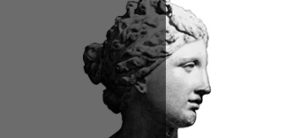
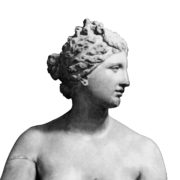
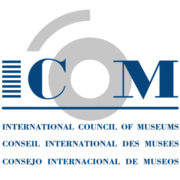
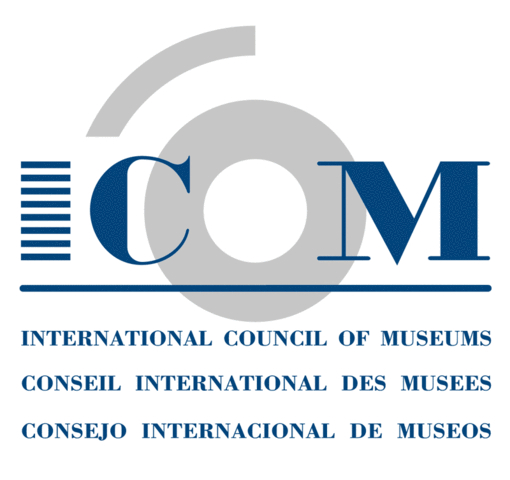 ICOM, the International Council of Museums, is a non-profit organization founded in 1946. ICOM’s Code of Ethics for Museums was first adopted by the organization in 1986, and was amended once before in 2001. It was conceived of as a set of guidelines for professional self-regulation, covering the topics of Basic Principles for Museum Governance, Acquisition and Disposal of Collections, and Professional Conduct, including Professional Responsibility to the Collection, to the Public, and to Colleagues.
ICOM, the International Council of Museums, is a non-profit organization founded in 1946. ICOM’s Code of Ethics for Museums was first adopted by the organization in 1986, and was amended once before in 2001. It was conceived of as a set of guidelines for professional self-regulation, covering the topics of Basic Principles for Museum Governance, Acquisition and Disposal of Collections, and Professional Conduct, including Professional Responsibility to the Collection, to the Public, and to Colleagues.